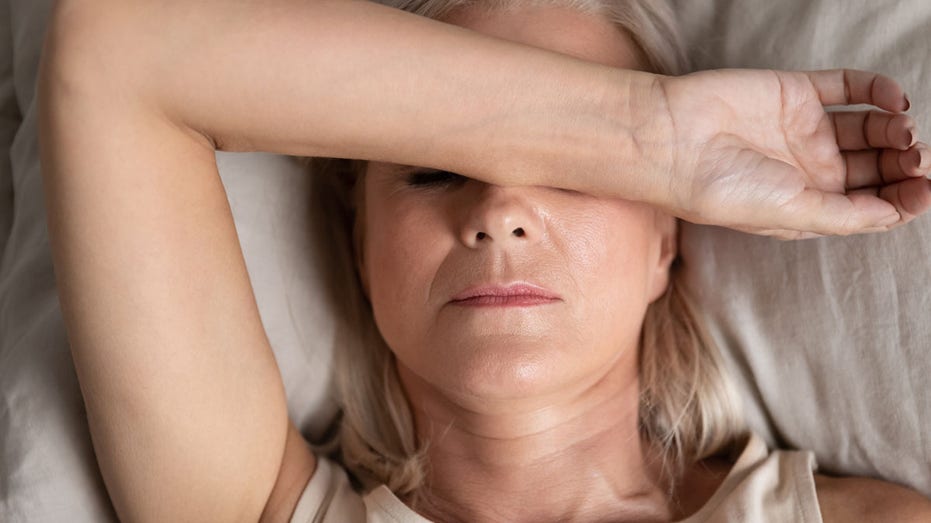Dr. Wendy Troxel, a sleep therapist in Utah, discusses a study that found small bouts of light exercise in the evening can help promote more restful sleep. There are some obvious signs of a poor night’s sleep — fatigue, irritability and trouble focusing, to name a few — but it can also have some hidden effects.
In a new study led by University of California, San Francisco (UCSF), poor sleep was linked to faster brain aging in middle-aged adults. While previous studies have focused on older adults, the average age of the 589 people in this study was 40 years old, according to a press release. 'SLEEP DIVORCE' ON VACATION: TRAVEL TREND HAS COUPLES 'BREAKING UP' AT BEDTIME The participants completed two sleep questionnaires five years apart.
After 15 years, they underwent brain scans. In a new study led by University of California, San Francisco, poor sleep was linked to faster brain aging in middle-aged adults. (iStock) "We calculated brain age using a machine learning approach, using MRI data to estimate the amount of brain shrinkage corresponding to a specific age," study author Clémence Cavaillès, PhD, a researcher at UCSF, told Fox News Digital.
"We showed that poor sleep that persisted over five years — and specifically when it related to insomnia symptoms — was found to be highly relevant to brain aging." ‘WHY DO I HAVE RESTLESS LEGS AT NIGHT?’: ASK A DOCTOR When evaluating sleep quality, the researchers looked at six poor sleep characteristics: short sle.


















